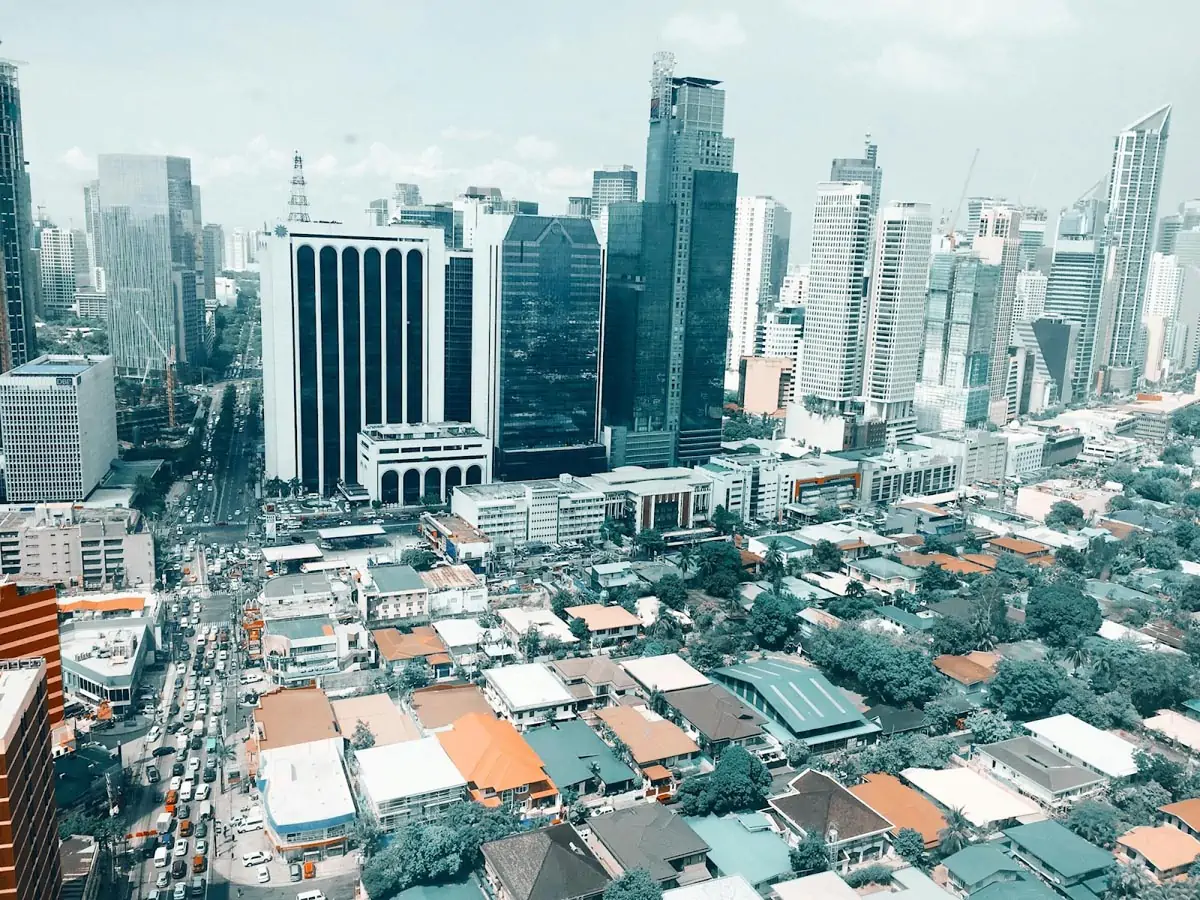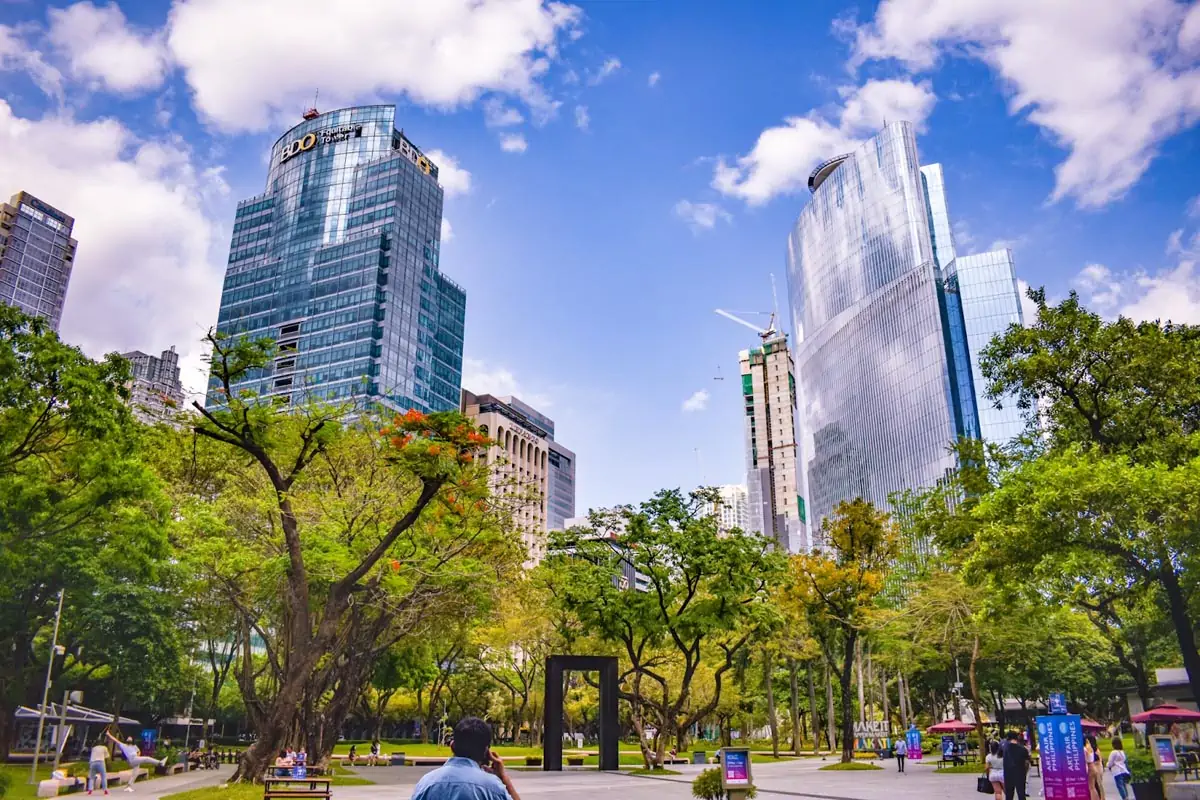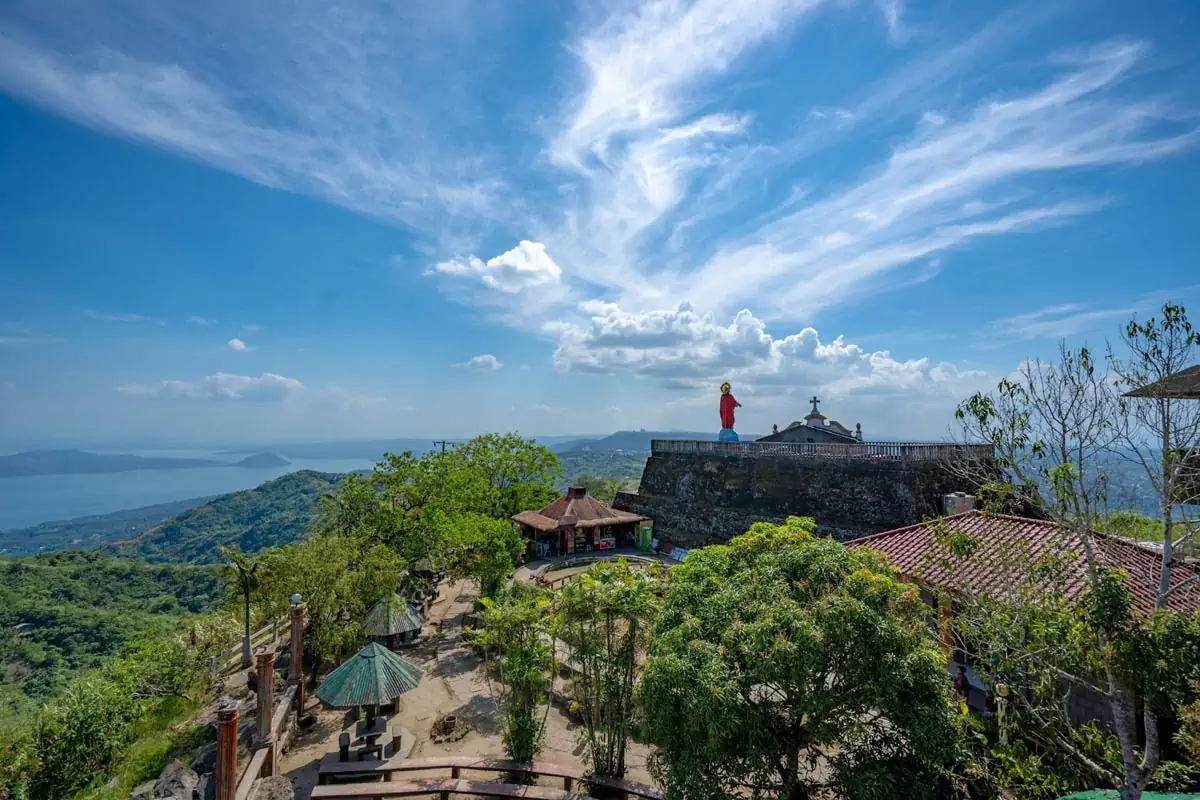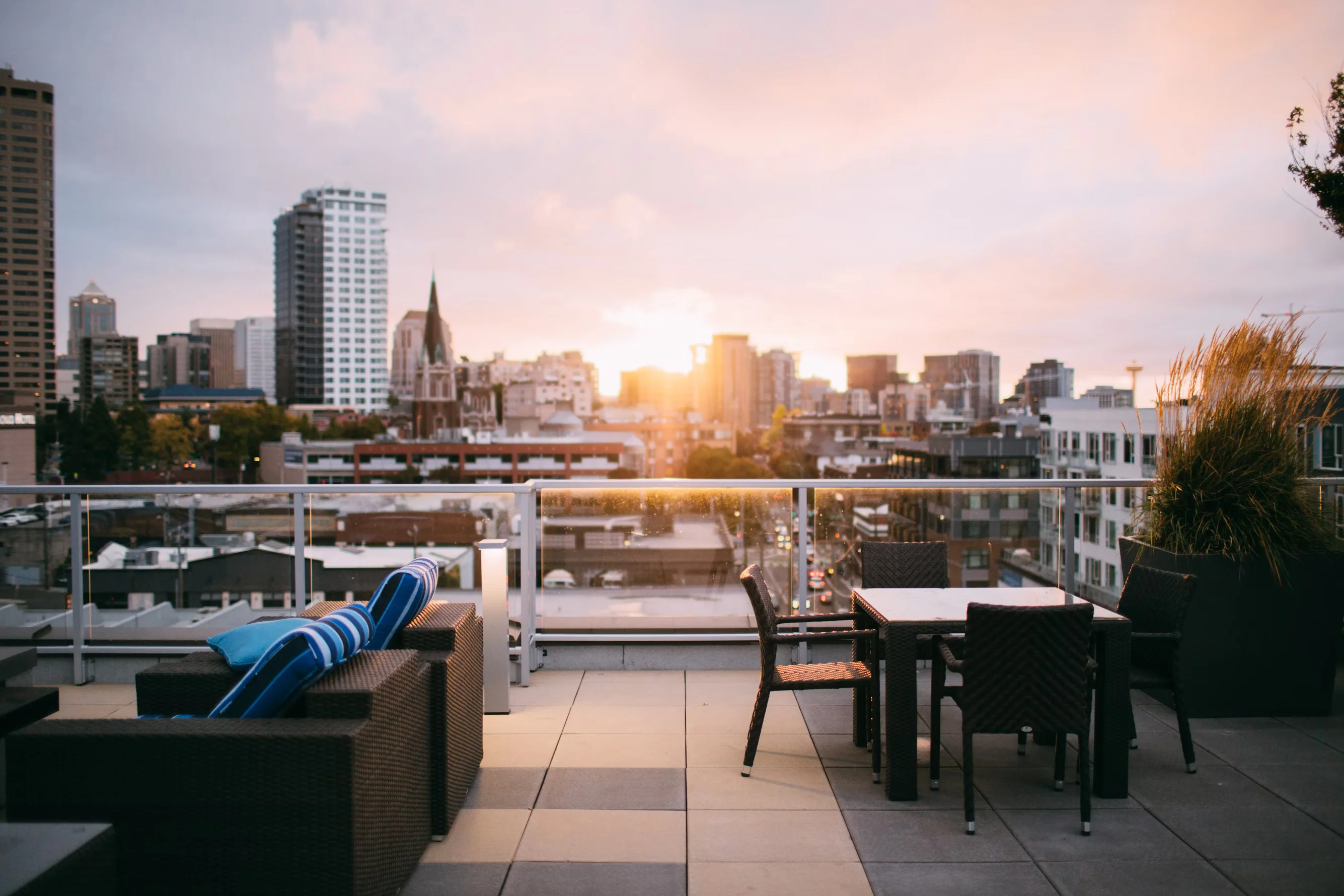To buy a car or not to buy a car, that is the question. There are a lot of reasons why young professionals purchase their own vehicle. Owning a car is considered a measure of material success in Filipino society, similar to getting your own house. Many people use it as a tool to keep up appearances, though, for others, a vehicle offers relief more than anything else. A professional in the sales field is able to meet more clients in a day if she has her own car. One living in the outskirts of the city regards a car more as a need than a luxury. As someone pondering on buying a car, you should take note of several factors including the mortgage dues, parking space and driving aptitude, among others. Here's a list of 11 things you need to think about before buying your first car and some smart money management tips.
#1: Shelling out a large down payment
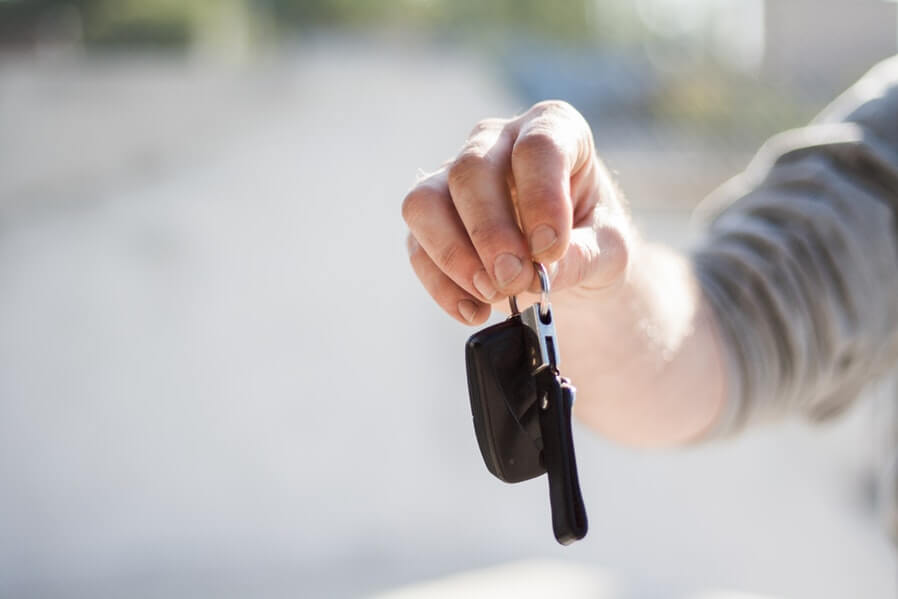
Photo courtesy of Negative Space via Pexels
Before going over car safety and access to a parking lot, let's discuss the most essential consideration when buying a car: the downpayment and mortgage dues. You can skip this part if you're buying in cash. You may have noticed that many car dealerships are now offering low down payment schemes, making it easier to have a car. Low upfront payment can mean two things: you'll be paying higher monthly mortgages or you'll be paying for a longer period. In some cases, it can be both. Do some serious computation. If you buy a car now with the amount that you have, will you be able to shoulder the monthly payments? Perhaps holding off until you have enough to make a large down payment (30% to 50% of the price) is a better idea.
#2: Shop around for low-interest rates

Photo courtesy of Pixabay via Pexels
The interest rate is an important factor when deciding on a suitable car payment scheme. Do some research in various car dealerships. You can also do the reverse — get a financing approval from your bank of choice before going to a dealership. The advantage of the former is more discounts. You can also expect to receive priority service from the dealership if you let them handle the financing.
The Internet is your handy resource tool for different rates offered by banks and car dealerships. Take note that interest rates can be negotiable. A low to zero rate can be offered to those paying a large down payment for lower monthly payments.
#3: Know about fuel economy
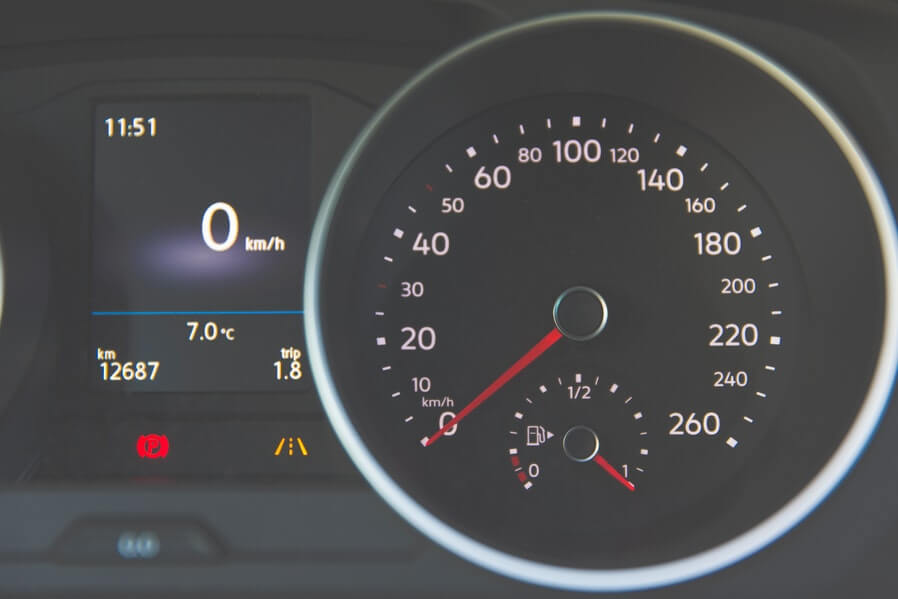
Photo courtesy of Markus Spiske via Pexels
The down payment and monthly payments are just the beginning of your vehicle-related expenses. You need to factor in the cost of fuel in your budgeting. Inquire about fuel efficient cars. One with a low horsepower engine burns less fuel. When pumping in gasoline or diesel, a higher octane or cetane doesn't necessarily mean better fuel economy or performance. Carguide suggests sticking to the car manufacturer's recommended octane or the government's mandated cetane number (50).
If you're not a 9-5 employee and you work on your own time, you can schedule your appointments based on location. Set your meetings in Quezon City and Caloocan City in one day, if possible, and your appointments in Ortigas Center, Mandaluyong and Makati CDB on the same date. You can get loyalty cards from gas stations to take advantage of discounts and promos every time you pump fuel.
#4: Car insurance, something you cannot do without
Your car dealership will typically offer you car insurance. You can have this packaged with whatever offer you're getting or buy it directly from an insurer. Either way, you can't do away with it. The Compulsory Third Party Liability Insurance (CTPL) is, as the name implies, compulsory. It's the most basic and cheapest insurance plan you can have. A CTPL will cover you from financial responsibilities in the event you figure in a car accident and cause another injury to another person. This insurance is required when registering your vehicle. If you want to cover other risks such as theft, damage and car loss, you can purchase a Comprehensive Car Insurance.
#5: When the repairs begin…
According to professional drivers, a car commonly starts to manifest problems in its third year. This, of course, doesn't consider the frequency of use and level of care of every driver. For a limited period (typically 3 years), some minor repairs can be done for free through your dealership's repair services (casa). To avail of this warranty, you should only deal with authorized service centres and follow the set mileage/monthly interval preventive maintenance schedule. After the warranty period, you can shop around for a reliable “talyer.” Recommendations from family and friends is a good starting point, but you can also search online for repair centres with high ratings and reviews.
#6: Proper car maintenance for the long-term
Aside from saving on trips to the casa or talyer, keeping your car properly maintained is highly recommended. Do you know that as soon as you drive your vehicle out of the dealership its value instantly drops? So, if you take home a Php900,000 brand new car, you cannot sell at the same amount even after only a month. The car devalues over time, and it's regarded to have reached its optimal use after 5 years. In other words, it loses its value after 5 years from purchase. This is one reason why a car shouldn't be considered as an investment unless you use it for profitable purposes such as by signing up in a ride-sharing service. Giving your vehicle proper care will not maintain its peso value, but at least you can command a higher resell price. Long-term car owners advice selling your car before the third year ends, or the period when the warranty expires, when you'll start paying repairs out of pocket.
#7: Getting a driver is not a light matter
Believe it or not, many car owners are not drivers. They don't even have a driver's license. Well, it's understandable because a driver's license is not a requirement when buying a car. If you can't drive, you should be rethinking about your vehicle ownership plans because of the cost of hiring a driver. The salary, which must comply with the law, is not the only issue. Looking for a trustworthy employee acting as your personal driver is a lot of work. You should also keep in mind that your driver is your responsibility. So, there may be instances in which you can be liable for your employee's failure to exercise diligence on the road.
#8: Got skills? Drive defensively.
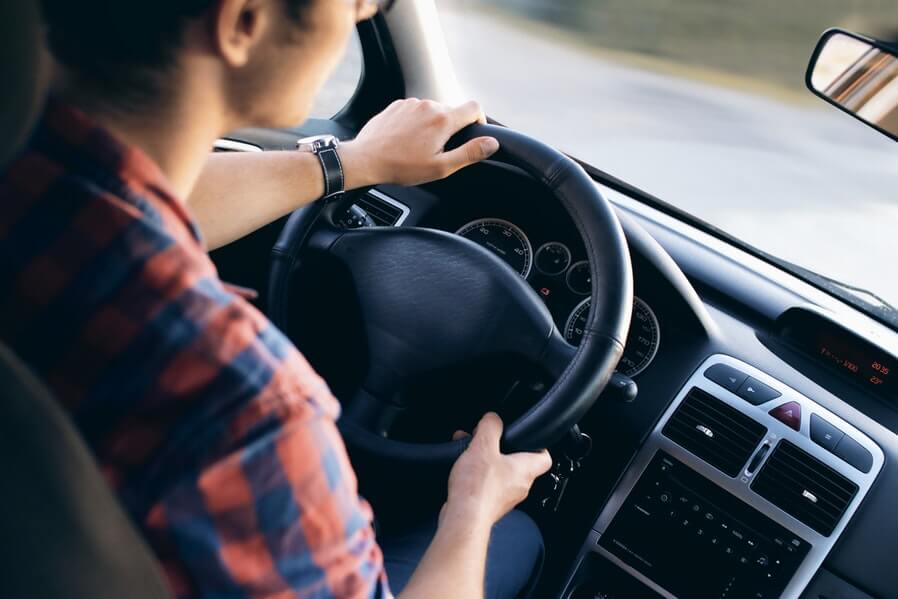
Photo courtesy of JESHOOTS.com via Pexels
Since you're planning to buy your first car, chances are you haven't driven for a long time yet. Of course, those who had been designated by their parents as the family driver are exempted from this item. It is said that if you can successfully drive on the streets of Metro Manila, you can survive any road on the planet. This just illustrates how dangerous our roads can get. Make sure you're well-equipped with driving skills and always remember to be a defensive driver and not an offensive driver. A defensive driver is one who drives in a way that “saves lives, time and money, in spite of the conditions around you and the actions of others.”
#9: Secure your vehicle in a safe parking space
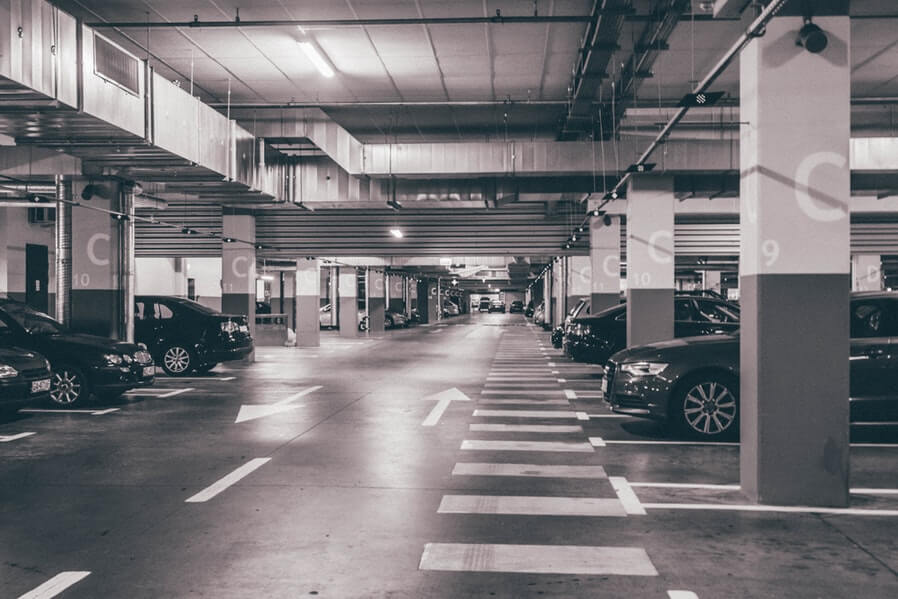
Photo courtesy of Tookapic via Pexels
Do you know that the government plans to require car buyers to secure a parking space before purchasing a vehicle? Buyers will have to present some sort of proof such as a parking slot lease contract. This move is in response to the worsening traffic and congestion in cities. Unfortunately, many people use streets as their own parking spaces, to the detriment of public convenience and safety. Can you imagine how fire trucks can traverse roads with double-parked vehicles? Even without the law yet, you can ensure car safety with a secure parking space. DMCI Homes properties have well-lighted and maintained parking slots for tenants. No need to worry about theft or loss due to criminality or damage because of natural calamities like floods.
#10: The hassles of looking for parking slots

Photo courtesy of Life of Pix via Pexels
One reason why many car owners opt to commute on holidays is a frustrating problem with parking spaces in public places. During the Christmas season, people flock to midnight sales, supermarkets, bazaars and theme parks. You can expect long lines and irate drivers in parking lots. There are just not enough parking spaces in malls to meet the needs of tens of thousands of shoppers. Your options? You can commute or reschedule your shopping. If you're lucky, you may find a pay parking firm with an available slot a couple of blocks away.
#11: Maximize your car ownership
One last thing you should think about before buying your first car is how you can maximize its use. You may consider carpooling with your officemates. This can help you with the cost, and relieve your colleagues from the hassles of commuting. You'll also be assisting government efforts to decongest roads by sharing a ride with others. Perhaps your officemates can pitch in for the fuel (just be extra careful against appearing to be a public utility vehicle). You can also sign up as a driver in ride-sharing services. Your earnings can aid in paying off your car loan.
Making a big purchase such as a car requires a lot of thinking. Don't do it just because everyone's doing it. Car ownership is not a simple matter. It's not only confined on meeting monthly payments. You have to consider its maintenance, safety, and whether it will cause inconvenience to others. For your part, it'll be your responsibility to be a skilled defensive driver. Train well or hire a well-trained driver. Someone's life might be on your hands.


